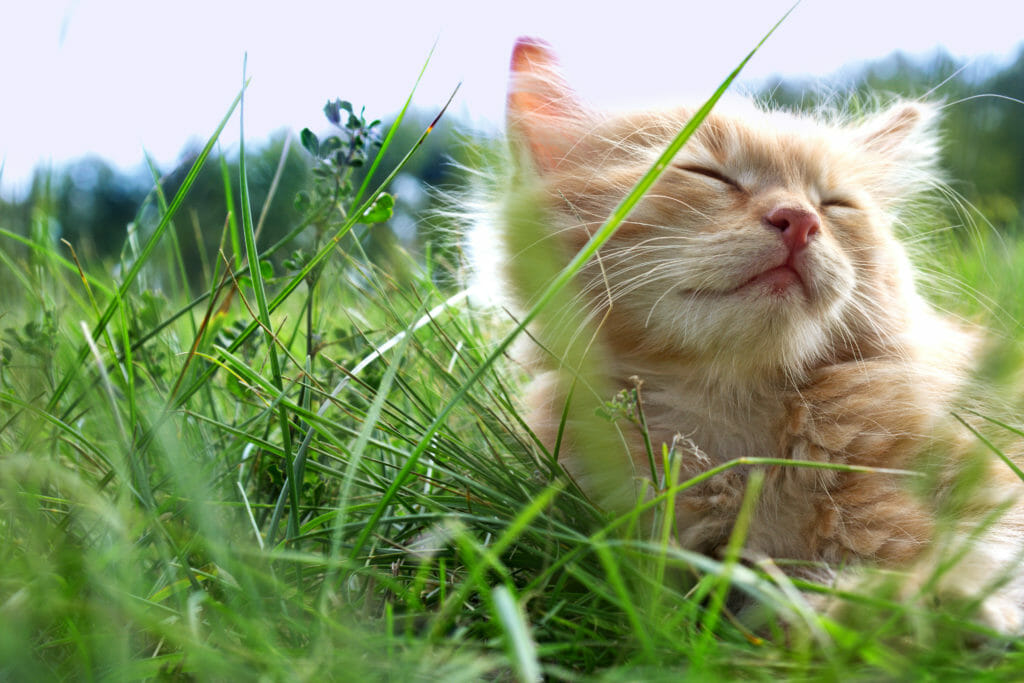*Cough* *Cough*. We are all guilty of assuming our pets can get a little cold, most of the time this is a misconception. Coughing can mean a number of things; one of the more concerning would be pneumonia. Pneumonia is inflammation of the lungs. There are many types of pneumonia, the two most common being bacterial and fungal. Dog and cat lungs are usually NOT very susceptible to primary bacterial pneumonia, but prior lung damage opens the possibility to secondary invasion by bacteria. In puppies and kittens, the canine distemper virus and certain kitty respiratory viruses can cause damage to the cells lining the respiratory tract, which makes the lungs more susceptible to bacterial infections and pneumonia. In the older pets with advanced chronic airway disease, pneumonia may become a recurring issue.
Aspiration pneumonia is another form which is caused when a dog or cat vomits and inhales it into their lungs. The contents are very acidic causing a chemical burn to the lung tissue, which may cause secondary bacterial infection as a result. The presence of food particles also complicates pneumonia. If a severe illness is present, physical weakness is an increased risk for aspiration pneumonia should the pet vomit. Also, vomiting after surgery is another high risk if the pet didn’t fast properly.
Signs of pneumonia typically include coughing, decreased appetite and difficulty breathing. Some pets may also have a fever. Lung sounds may be increased due to debris and fluid in the airways. The effort to breathe is an indication of the severity of pneumonia. Determining the cause of the pneumonia is necessary for the treatment process. Chest x-rays are required to accurately diagnose pneumonia. The pattern and location in the lungs also help to identify the type. Doing bloodwork and urinalysis are very helpful in assessing how bad the inflammation is and also to identify any secondary infection that might have led to pneumonia. In some of the more severe cases, a scope may need to be done which is used to collect fluid and cells from the lungs helping us to give the proper antibiotics for treatment. Severe cases may also need to go on oxygen and IV fluids to help with the breathing and prevent dehydration.
Prognosis for pneumonia depends on the cause and severity of the infection. The pet must be able to oxygenate well for at least 2-3 days in order for the antibiotics to start working. Cases of pneumonia without underlying infections are usually treated successfully. Aspiration pneumonia is a little trickier to treat because it depends on the ability to correct the cause of the vomiting and the severity of pneumonia.
Written by: Dartmouth Veterinary Hospital




